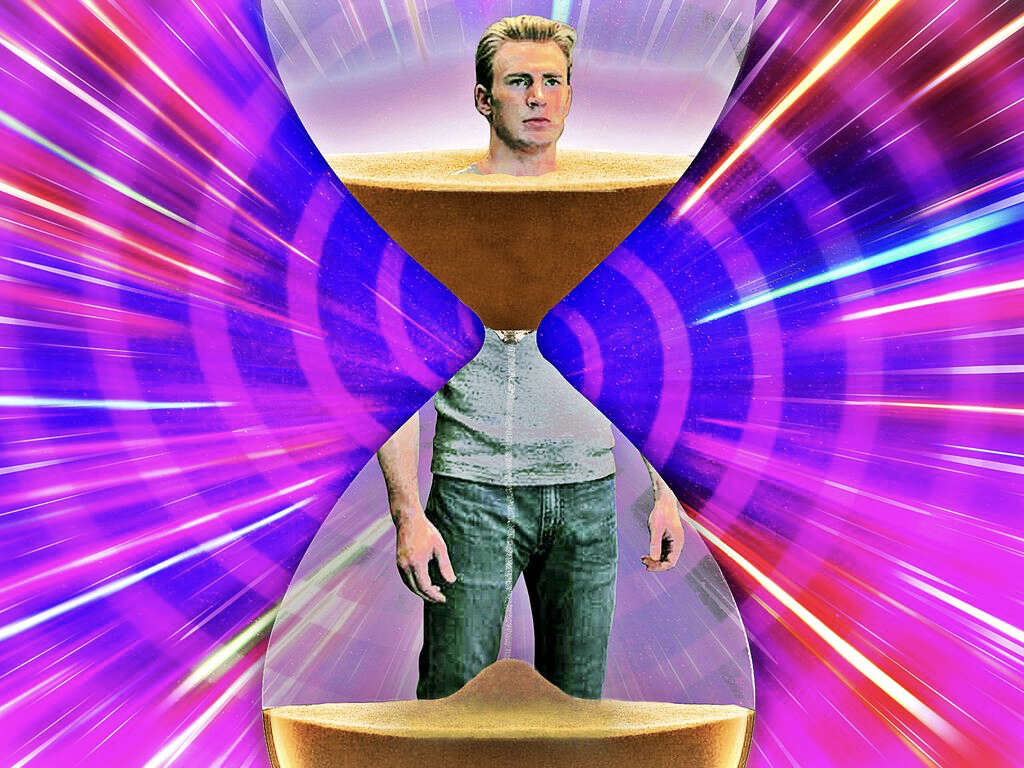What Is a Paradox?
A paradox is a theoretical situation or a statement that is self-contradictory. True paradoxes cannot be solved because of their contradictory nature, although some paradoxes are not paradoxes at all, but seemingly impossible problems with a difficult to spot answer.
Paradoxes are often used as a thought experiment, and many have been mulled over by philosophers and other great thinkers down through the ages. Some people claim to have been able to solve the problems, but the answers that they give are not always convincing. Regardless, here’s a few examples of some of the best-known paradoxes of all, some of which you may have encountered already.

1. The Crocodile Paradox
In the Middle Ages, there was a term known as “crocodolite,” which was a reference to this paradox when faced with paradoxical situations. The paradox goes that one day, a young boy and his mother were by the riverside, and a crocodile appears and snatches the boy away. The mother pleads with the crocodile for the boy’s safe return, and they agree to a deal. If the mother guesses correctly whether or not he will return the boy, then the boy will be returned.
If the mother guesses correctly that the boy will not be returned, then the croc must still return the boy, in contrary to the mother’s guess. If her guess is wrong then the croc must keep the boy despite not having intended to do so.

2. The Boy or Girl Paradox
A couple has two children, and we know that one of the children is a boy. This must mean that there’s a 50/50 chance of the other child being a girl, right? Not quite. There are four possible combinations: (BB), (GG), (BG) where the boy is the oldest, and (GB) where the girl is the oldest.
We know that one child is a boy, which eliminates (GG), but there are still 3 options remaining, meaning the probability of the other child being a girl to be 2/3. The question can also be asked in different ways, with wording that can mean the probability has to be 1/2, 1/3, or 2/3.

3. The Fletcher’s Paradox
A fletcher is someone who makes arrows, and this paradox involves what happens to an arrow after it has been fired. Once the arrow has been fired, it follows a certain trajectory until it has reached its target. This means that the arrow must be moving throughout the duration of its journey.
If you were to take a snapshot of the arrow’s journey, however, the arrow will be going nowhere. It cannot, because there is no time in which it can move. This means that the arrow must be stationary during that snapshot in time, and for all other snapshots of the arrow’s journey. This then must mean that the arrow is always stationary, despite it moving from A to B.

4. The Hare and the Tortoise Paradox
We’ve all heard of the fable of how the lazy hare was beaten by the tortoise, but the story also presents us with a paradox. Let’s say that the hare is exactly twice as fast as the tortoise, which would mean it travels twice the distance in the same time. In a 200 meter race, the tortoise gets a head start of 100 meters.
By the time the hare has reached the 100 meter point, the tortoise has moved 50 meters. When the hare reaches that point, the tortoise has moved another 25 meters, then another 12.5 meters, and so on. The hare will continue to close the gap by 50%, but will never actually get to overtake the tortoise.

5. The Bootstrap Paradox
Time travel is a fascinating concept. The thought of being able to see the future, or maybe go back to change the present, is something that has intrigued sci-fi writers for generations. Another fascinating aspect of time travel is the paradoxes it throws up.
Go to any good book store and you are likely to find something by Shakespeare. Let’s say you can buy a copy of Romeo and Juliet, and you can go back in time to give it to Shakespeare before he writes it. Shakespeare then copies it and publishes it as his own, meaning again you can buy it, and again take it back to Shakespeare. This cycle can continue forever leading to the question: Who wrote it?

6. The Grandfather Paradox
This is another classic paradox that revolves around time travel. Let’s say that you want to go back in time to meet your grandfather, and shoot him dead. It doesn’t matter why, you just do. Imagine you are successful in your endeavors and, as a result, your grandfather dies before he can father your own father.
If your father didn’t live, this would mean that you don’t live, and this would mean that you are unable to go back in time to kill your grandfather. If you are unable to go back and kill your grandfather then it would mean you still lived, meaning you are then able to go back and kill your grandfather.

7. The Liar Paradox
The liar paradox is perhaps one of the best known of all paradoxes and it is often found in literature. It simply starts with somebody making the claim: this sentence is a lie. It results in a paradox that has been examined by logicians for as long as it has been around.
If the sentence is a lie then the person making the statement is, indeed, telling the truth when making the statement. If the person making the claim was telling the truth, however, it would mean that the statement must be a lie, so the person making the claim cannot have been telling the truth.

8. Impossible Stone
The stone paradox is one often used to challenge claims that god is all-powerful and can do anything he wants to. It asks the question: If god can do anything, can they create a rock so heavy that they cannot lift it?
This results in a paradox that cannot be answered. If god can create the rock, it would mean that god cannot lift the rock he created. If god cannot lift the rock then he cannot do everything as is claimed. If he can lift the rock, then god is not able to make a rock so heavy that he cannot lift it.

9. Crowded Bar
It’s usually good to go to night spots where there’s other people. Having other people around helps to improve the atmosphere while there is also a chance of meeting new friends. It is not usually a good idea to go to places that are too busy, though, and it is not uncommon for people to say that “nobody goes to a particular place because it is too crowded.”
This paradox is really more of an example of how we tend to be quite flexible with language. The person making the claim cannot mean literally nobody, after all, it is crowded. What would be more accurate is to say that nobody in my circle goes there any more.

10. Schrodinger’s Cat Paradox
Put a cat in a closed box with a device and a vial of poison. The device has a 50/50 chance of releasing the poison, killing the cat while still in the box. Without opening the box, you cannot tell whether or not the cat is dead or alive. Therefore, it must be both dead and alive.
This paradox, coined by Erwin Schrodinger, is one of the most famous of all paradoxes, and one of the most misunderstood. The reason it is misunderstood is that it is not a paradox at all. The cat is not dead and alive simultaneously, that would be ridiculous, but that’s the point. Schrodinger invented this thought exercise to show how ridiculous it is to try and apply the rules of quantum mechanics to the non-quantum world.












